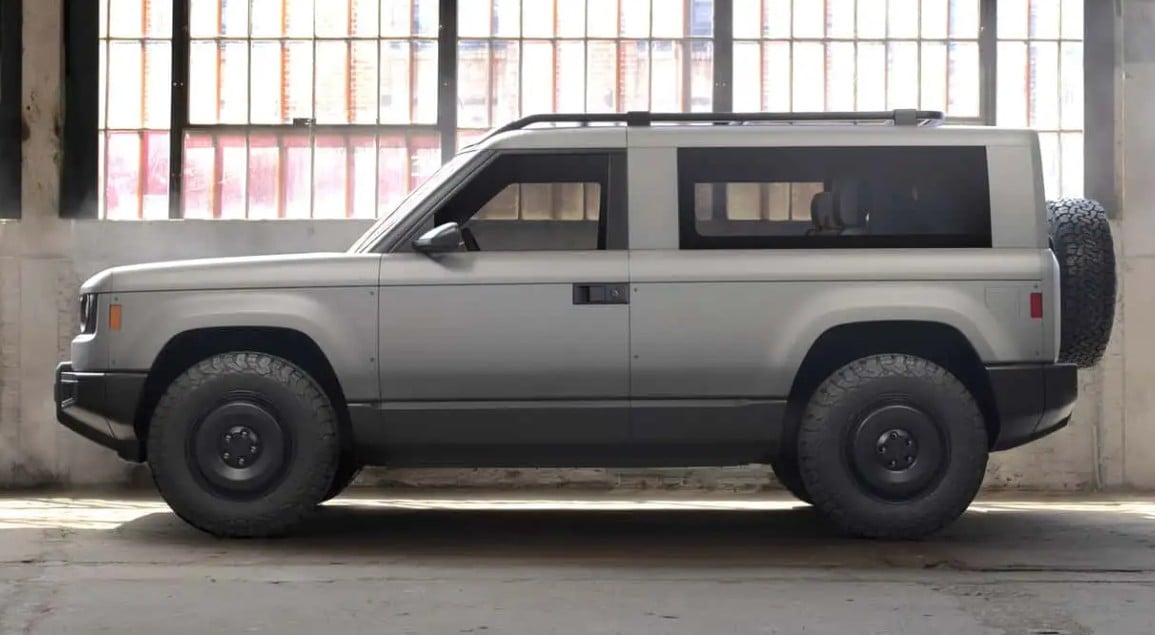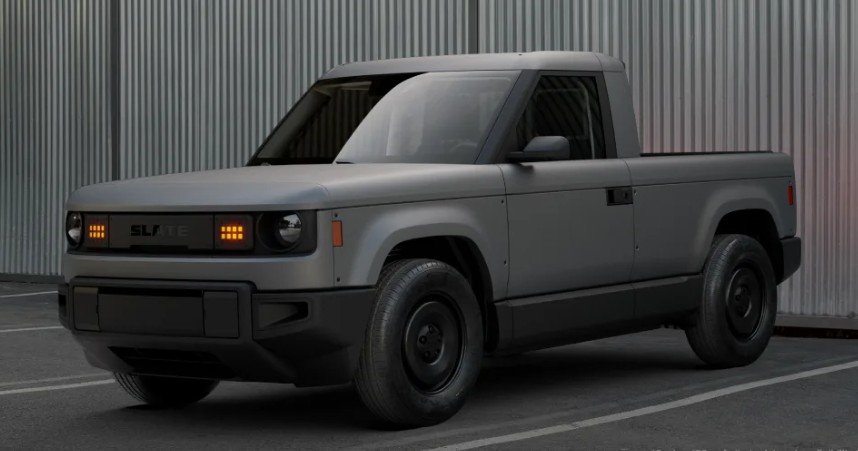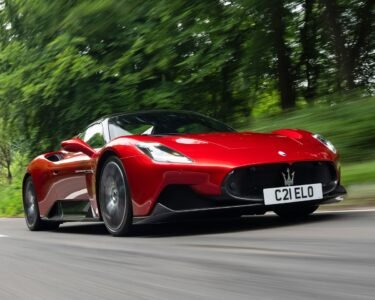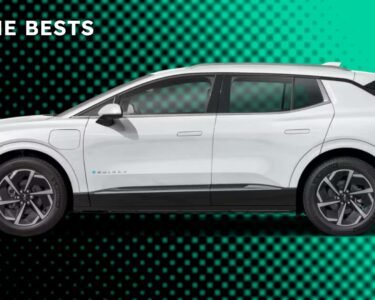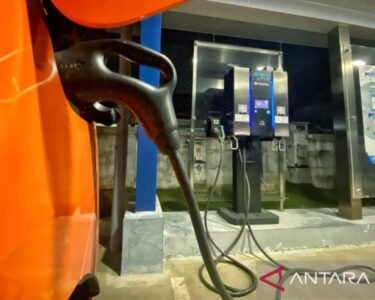Slate, the electric vehicle startup backed by Amazon founder Jeff Bezos, has quickly made a splash in the EV market, announcing it has already received over 100,000 reservations for its new, affordable electric pickup truck.
At $50 per refundable reservation, Slate has generated more than $5 million in reservation fees within just two weeks of the truck’s debut, reported TechCrunch.
The strong early response signals a significant appetite in the U.S. market for a no-frills, budget-friendly electric truck – an under-served segment in the current EV landscape. Priced at under $25,000 after federal government incentives, Slate’s pickup undercuts nearly every electric truck currently on offer, positioning itself as a utilitarian solution rather than a luxury showpiece.
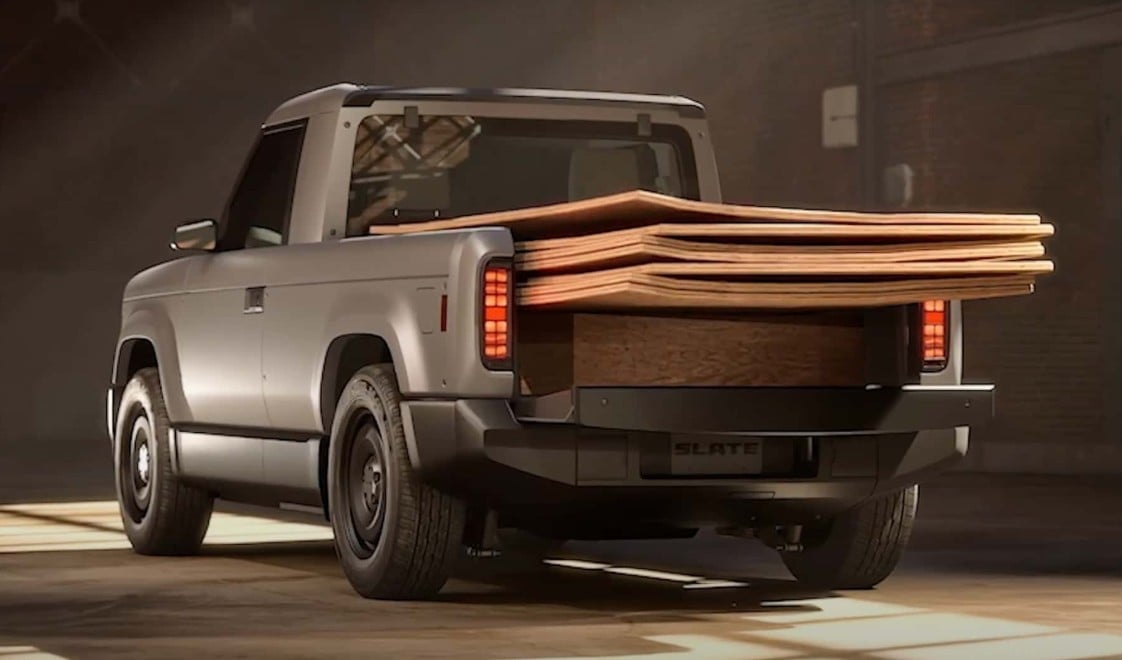
“We are truly humbled by America’s response to Slate’s brand launch and the launch of our truck,” said Jeremy Snyder, Slate’s Chief Commercial Officer, in a statement to TechCrunch. “We are excited for what the future holds.”
While over 100,000 reservations is an eye-catching milestone, industry watchers remain cautious. Reservation numbers don’t always equate to real-world sales. As Motor1 noted, examples abound: Cadillac’s ultra-luxury Celestiq drew enough reservations to cover a year and a half of production but ultimately sold fewer than 25 units. Similarly, Fisker hyped more than 60,000 reservations for its Ocean SUV before filing for bankruptcy. Even Tesla’s highly publicized Cybertruck, once rumored to have two million reservations, has reportedly seen tepid delivery numbers and growing inventory piles.
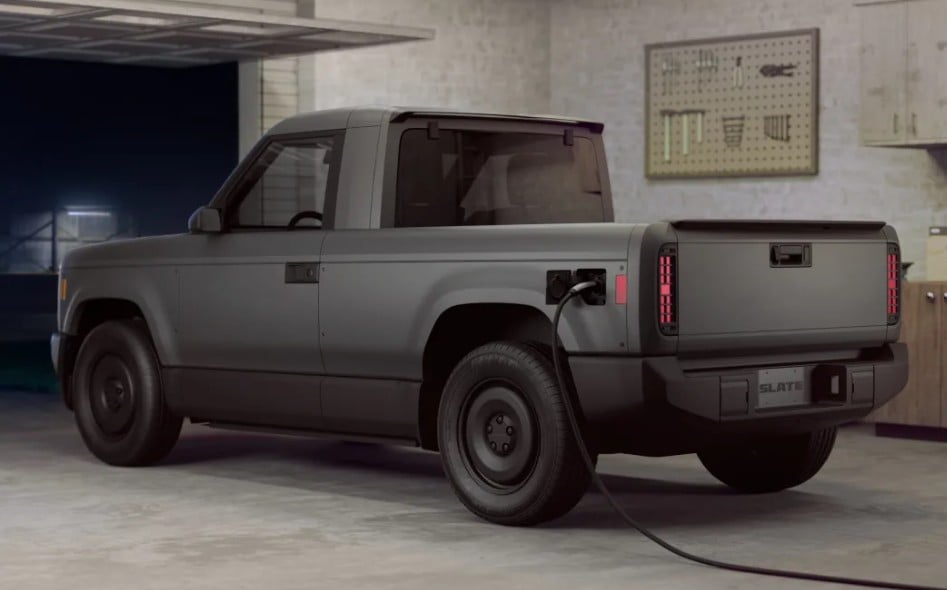
Still, Slate’s pickup could prove to be a more realistic offering. Its utilitarian design, affordable price, and straightforward value proposition appeal to a broader base of drivers, especially those who need a functional vehicle rather than a tech-laden luxury ride.
Production is expected to begin next year, with Slate’s Indiana factory aiming for an annual output of 150,000 units by 2027. That puts the company on a promising trajectory – provided it can overcome the many manufacturing, supply chain, and regulatory hurdles that have tripped up many EV startups before it.
In the meantime, prospective US buyers can explore the truck through Slate’s detailed online configurator, which includes options for three body styles and a wide range of accessories. “Great cars got too pricey. We fixed that,” proclaims Slate’s website, and “Designed for real life”.
Slate’s launch may mark the beginning of a new era for affordable electric utility vehicles – and so far, the American public seems more than ready to get on board. Could Australia – still in love with large, tech-heavy vehicles – follow suit?
